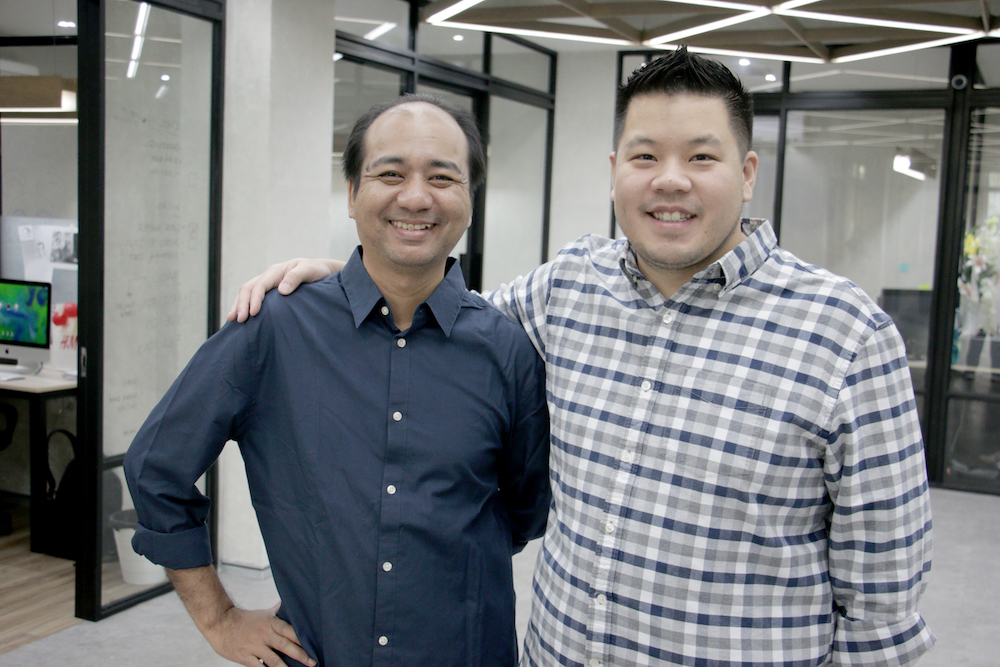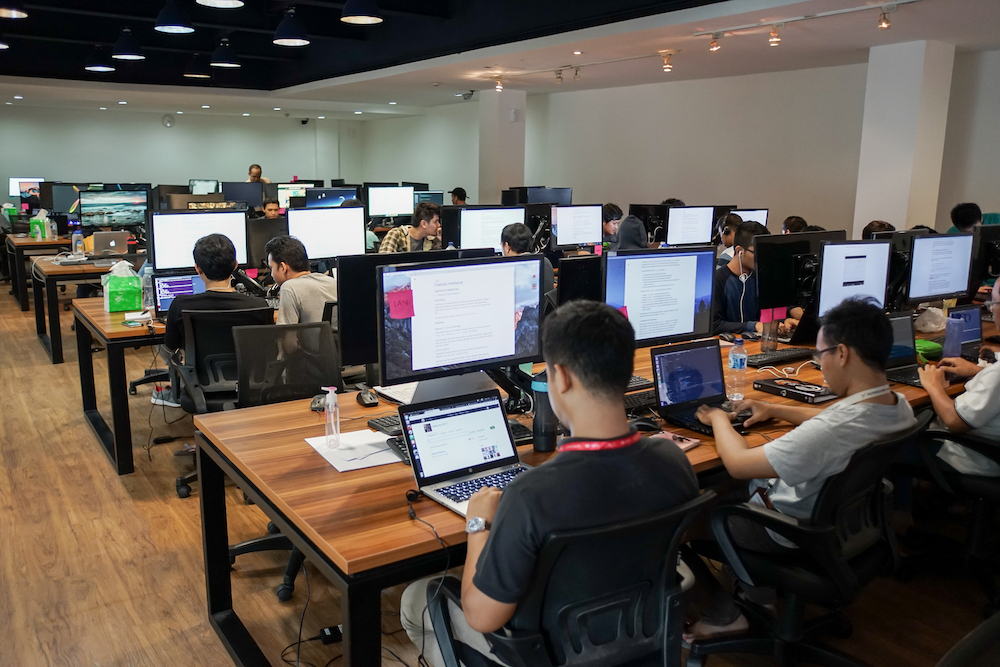Indonesia’s digital economy is booming, and the country demands a growing number of proficient tech professionals. The shortage of qualified talent in the country is a constant problem for tech entrepreneur Ronald Ishak. “I was working as a CTO in a local startup and also an investor for some tech companies, when I realized that it was very difficult to find good developers and programmers. Companies would hijack tech talent from each other, making it more challenging to build a reliable team,” he told KrASIA in a recent interview.
Ishak isn’t alone, and there is hard data to explain the phenomenon. According to a report titled “The Digital Archipelago” published by McKinsey, Indonesia produces just 0.8 science, technology, engineering, and mathematics graduates per 1,000 citizens, far below the counts in China (3.4) and India (2.0). The report also said that 15 of 20 top tech companies say that hiring local tech talent is difficult.
Taking the initiative, Ishak set out to solve the problem, as much as he could. He decided to build a professional training program that matches the tech industry’s requirements, making it easier for tech companies to hire the people they need. Ishak and co-founder Riza Fahmi, established a coding bootcamp called Hacktiv8 in 2016.
Hacktiv8 offers a series of intensive training in JavaScript, Node.js, Vue.js, Facebook’s React framework, and other tools, imparting beginner coders with the skills and knowledge to become full-fledged developers. Ishak said that half of the students that sign up enter the program with some previous training in IT or computer science, while the other half are typically professionals from other fields who are seeking careers in a new industry.
“We see that there is a skills gap between universities’ curricula and what tech companies expect from employees, which holds back many graduates from finding relevant work.” Ishak said. “Technology is changing fast, which requires new skills that they don’t teach in college. Hacktiv8 wants to solve this problem by providing students with relevant skills.”

Hacktiv8 has three programs—full time, part-time, and online. It started with ten students in 2016. It now counts nearly 2,000 people as alumni. Among them, 400 graduated from the firm’s full-time program.
To keep their curriculum relevant and up to date, Hacktiv8 works with more than 250 hiring partners, which include tech companies like Tokopedia, Gojek, Bukalapak, and KoinWorks. They participate in a curriculum advisory board to provide Hacktiv8 with feedback regarding its syllabus, which is regularly adjusted to reflect the skill sets that companies demand.
Those hiring partners have agreed to hire a portion of the students that complete the bootcamp’s program.“Hacktiv8 has two functions for graduates. First, we have an alumni team that provides graduates with soft skills, such as how to sharpen their resumes and how to nail an interview. Secondly, we have a placement team that works as a headhunter to channel graduates to our company partners as soon as possible,” he said.
As a result, Hacktiv8’s graduates usually get a job offer within three weeks after completing the bootcamp, with an average entry-level salary of IDR 11 million (USD 800). While Hacktiv8 started the program to route tech personnel into tech startups, it is expanding into conventional businesses like telcos, hospitals, and FMCG companies.
“Most students want to work in trendy companies like Tokopedia or Gojek, so companies with more traditional business or that are less popular may even offer higher salaries to entice graduates. It shows how big the demand for quality tech talent is, because all industries are tech-enabled today. For students, Hacktiv8 has a good return on investment, because we make sure they’ll get good jobs after the program,” Ishak said.

Beyond the code
The bootcamp runs ten to 12 hours a day, five to six days a week, for 12 to 18 weeks. Due to its stringent coursework, about half of its students wash out. Those who need to give up are offered a second chance, and are actually allowed to retake the classes without paying additional fees. Yet many decide to call it quits because of the stress and exhaustion. To remedy this situation, Hacktiv8 has developed an engineering empathy program to help students deal with anxiety in the classroom—and in the workplace later on.
The program includes a workshop that addresses topics around emotional intelligence before the bootcamp starts, so students are primed to manage pressure during the course. One-on-one coaching sessions give students the chance to talk about their personal issues and concerns.
“We believe that every developer needs to have a growth mindset that allows them to handle challenges well. With the engineering empathy approach, we hope to create high-skilled developers with a tough personality,” said Ishak.
Hacktiv8 also launched an Income Sharing Agreement (ISA) initiative in May 2019, allowing students to enroll in Hacktiv8’s full-stack JavaScript training program without having to pay tuition in advance. “We want to align our success with the success of our students. Many educational institutions require expensive fees, but they don’t really care about their students after graduation. We do the opposite. With ISA, the companies they work for would pay for their tuition fee,” Ishak explained.
Students begin to repay their tuition only after their monthly salary reaches IDR 10 million (USD 730). Companies will then transfer 15% of their income to Hacktiv8 for 36 months. ISA gives a better return for Hacktiv8 and its investors, making it a promising business model.
Going forward, the firm will build more schools so it can clear its waitlist faster. Hacktiv8 currently has two locations, and it aims to build eight schools by the end of this year. So far, it has raised USD 3 million in pre-Series A funding led by East Ventures in January, and the company plans to seek new investments this year to expand its ISA capacity.
“We want to prove that the ISA scheme is here to stay. It is benefiting students and business and, therefore, ISA is a win-win solution for everyone,” Ishak said.
This article is part of KrASIA’s “Startup Stories” series, where the writers of KrASIA speak with founders of tech companies in South and Southeast Asia.
